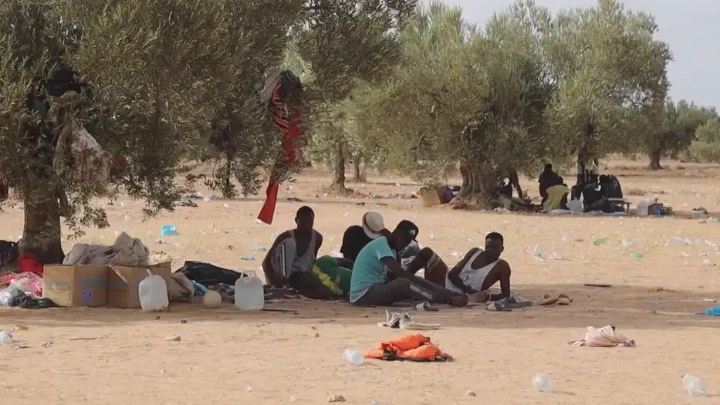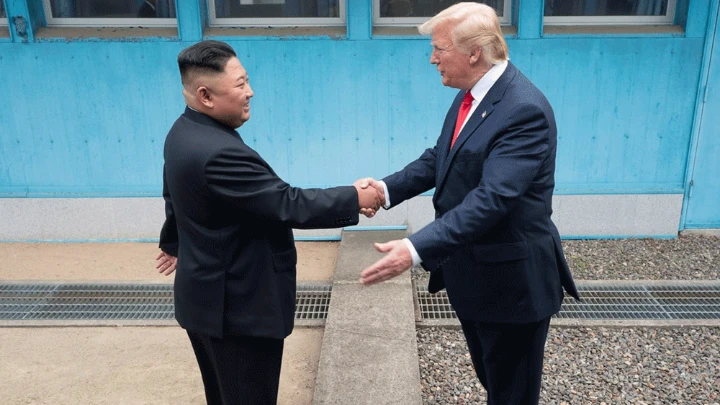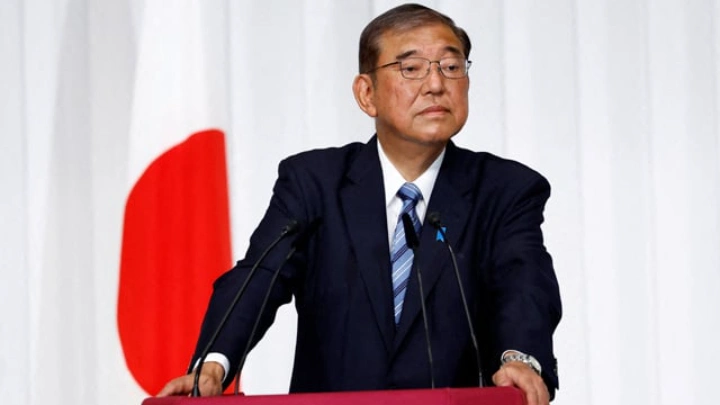Auditors say that the EU's five billion euro Africa fund was "spread too thinly," to address migration, that job creation was overstated and human righs risks were not properly addressed
EU's Africa fund 'spread too thinly' to reduce migration
DWnews || Shining BD
In a scathing report, the European Court of Auditors said the European Union’s (EU) €5 billion Emergency Trust Fund for Africa (EUTF) was "spread too thinly" to address migration as it financed "too broad a range of actions in the areas of development, humanitarian aid, and security."
The fund was created at the height of the refugee crisis in 2015 and intended to address the root causes of instability, irregular migration and displaced persons in Africa. But a year before it lapses, the auditors said it didn’t concentrate "enough on priorities," to tackle the root causes of migration.
The objectives and priorities were "kept as broad as possible, so that most types of actions could be considered eligible."
But some of the projects funded seem to have little to do with migration such as renovation of a Roman theatre in Libya or a radio station in Sahel, the report said.
In key findings the auditors said that the allocation, "was not based on migration-specific indicators such as the number of irregular migrants arriving in the EU," job creation was overstated, and human rights risks were not properly addressed. Furthermore, in some cases there was a risk that increased revenue could have the opposite effect of triggering more migration instead of containing it.
"Substantial increases in revenue may not automatically lead to greater resilience towards irregular migration but may even trigger a risk of realizing 'dormant' plans of irregular migration – due to the high costs involved and due to the strength of the perception of migration as 'the' key to success and a better future," the report explained.
Bettina Jakobsen, the ECA Member in charge of the audit, added that although the EUTF helped to keep migration high on the development and political agenda, there was little change in the "fund’s focus, which remains too broad," despite similar findings in the last report in 2018.

Scattered support does not ensure impact
The EUTF was launched in the background of the Syrian war and the refugee influx that year. But experts believe it was far too wide in geographical scope and channeled in an ad-hoc way.
It covered various crises in three vast regions, the Sahel and Lake Chad (SLC), the Horn of Africa (HoA) and the North of Africa (NoA), and supported 27 countries with 933 contracts under 248 programmes.
"The EUTF has been used to fund a dense Christmas tree of projects that are more or less migration-related," Niels Keijzer, Senior Researcher at the German Institute of Development and Sustainability (IDOS), told DW. "For each project, it is possible to assess if it was successful in achieving its goals, but it remains highly challenging if not impossible to determine how this large volume of projects contributed to achieving the overall objectives."
The funding was split through various projects in four key areas. Greater economic and employment opportunities were allocated 17% of the funding, 28 % for strengthening resilience of communities, 31 % to improved migration management and 22 % to improved governance and conflict prevention.
However, the report noted, "no guidance exists regarding which of these priorities should be given pre-eminence."
In addition, the report found that employment creation was overstated and in several cases found to be unsustainable on the ground.
Job creation overstated
The auditors found for instance examples of over-reporting and misrepresentation of the number of industrial parks and business infrastructures. They said that four projects in their sample reported a total of 62 "industrial parks and/or business infrastructures constructed, expanded or improved." But they "were unable to obtain sufficient information to confirm the existence," of nearly half of the reported units.
They said in other projects, job count was inflated.
Keijzer added that a previous evaluation of the EUTF found that the fund had made only "modest contributions to promoting alternative livelihood."
Secondly, "It has been difficult to evaluate to what extent these modest contributions had an effect on (reducing) irregular migration."
In Ethiopia, a project to prevent irregular migration by boosting employment reduced the unemployment rate in five migration-prone areas "by only 0.32 % – achieving just 3.61 % of the target set," the report said.

Weak monitoring of human rights violations
Niels said the EU fund has been controversial from the start, for example because some member states prioritised spending on projects that "harden the borders" through funding for third countries and their law enforcement agencies. Others warned as early at 2017 about a broader trend towards, "the securitisation of EU development assistance."
Given the heightened risk of human rights abuses in Libya, the report said, the EU introduced "first-of-its-kind third-party monitoring of human rights risks." But the commission lacked formal procedures for reporting, recording, and following up on alleged human rights violations in relation to EU-funded projects.
"There is no system to show that such allegations were properly examined and considered when deciding whether to continue or suspend EU funding," the auditors said.
They added they were not given access to any of the detention centers built with EU money, even though according to human rights monitoring reports the treatment of detainees did not change.
"The Commission described to us, during the audit, examples of situations that they considered would result in the suspension of certain activities in Libya," Jakobsen told DW. "While we found clear indications that one of these situations had occurred, the Commission had not suspended any of its EUTF activities in Libya."
There were other lapses, too. Libya still does not have an operational Maritime Rescue Coordination Centre, even though EUTF funded equipment was delivered in December 2021.
The EUTF funded over a hundred research-based reports to adopt an evidence-based approach to deal with drivers of conflict, irregular migration, and displacement. But by the time they were released, most of the funds had been committed.
The auditors recommend that their findings and these studies can contribute to future development plans such as the Global Europe: New Neighbourhood, Development and International Cooperation Instrument, that partially targets migration and displacement related initiatives and has similar aims as the EUTF.
Shining BD






















